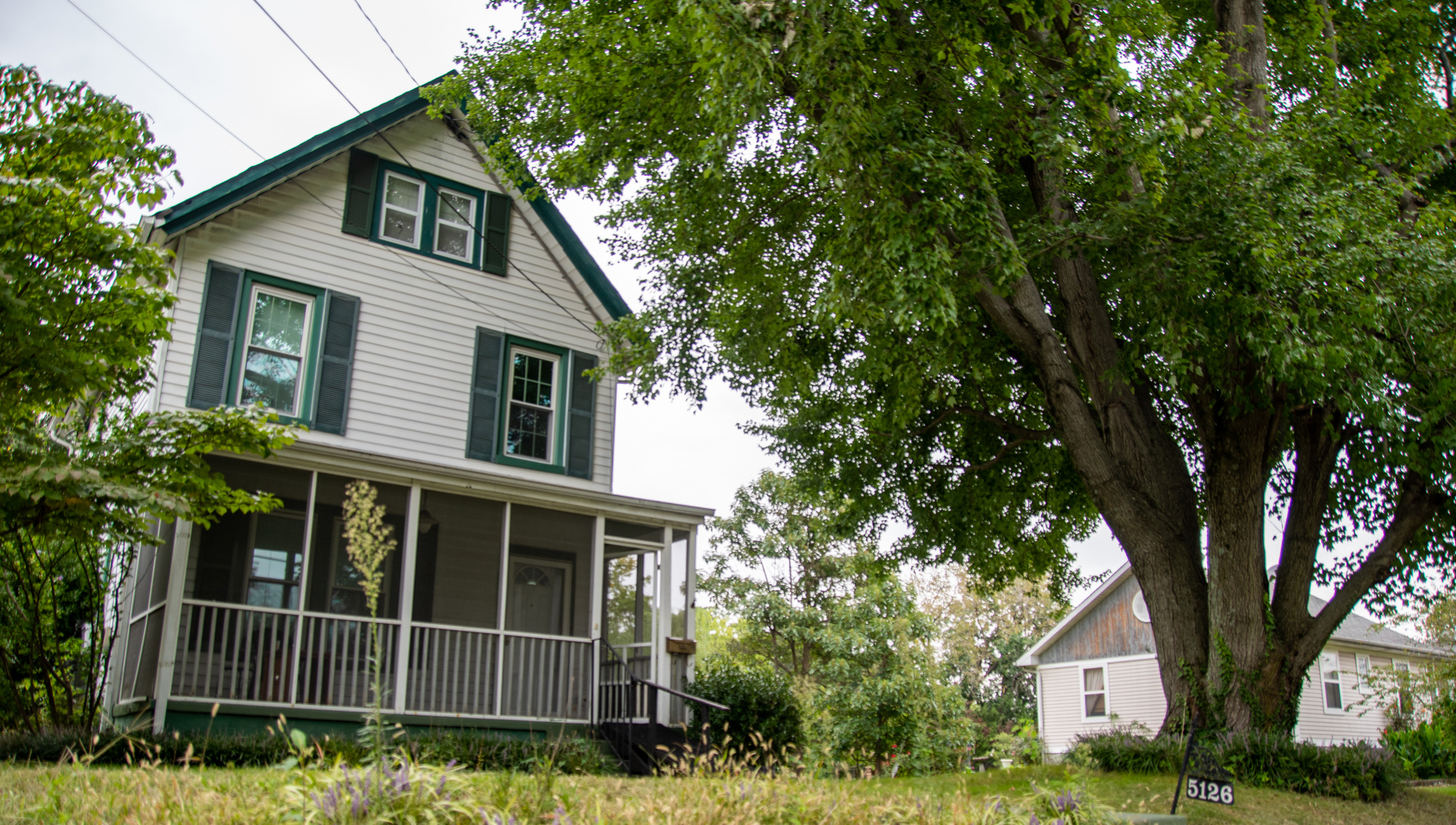The College Park City Council approved a nearly $150,000 contract with Columbia University Tuesday to research the Lakeland community.
Columbia University will provide research consultant services for the city’s Lakeland Restorative Justice Commission to develop a historical record of Lakeland, an African American neighborhood in College Park established in the early 1900s.
The research will help create accurate records of the neighborhood and urban renewal, District 2 council member Susan Whitney told The Diamondback.
During the 1960s through the mid-1980s, a city urban renewal project displaced longtime Lakeland residents from their homes, according to Maxine Gross, chairperson of the Lakeland Community Heritage Project.
The urban renewal project displaced 104 of 150 households in Lakeland and replaced homes with student and elderly housing, which only allowed a few of the families displaced during construction to return, according to the Lakeland Community Heritage Project’s website.
The Restorative Justice Commission was created by the council to assist in moving forward with reparations for residents displaced from Lakeland, Whitney said.
[College Park City Council approves $7.3 million contract to renovate Duvall Field]
The heritage project and the Lakeland Civic Association have been working since 2002 to document the community’s history and tell the stories of those who were displaced, Gross said.
Whitney believes the city can’t make necessary changes and reparations without having a full understanding of the harm that was done in the past.
“Hopefully, through establishing what the true impacts of [the urban renewal] were long-term and through honest, open dialogue … we can come to a place that feels like healing,” Whitney said.
Columbia University’s research will help inform decisions made by the Restorative Justice Commission, Whitney said. The commission hopes to publish the findings in the form of a book or other digital media, according to city documents.
The African American Redress Network at Columbia University will help the school with its research, Whitney said.
The network is a national transitional justice project in collaboration with Howard University’s School of Law and Columbia University, according to the project’s website. Researchers study racial justice initiatives, including “historical wrongdoings,” the website said.
[Local leaders celebrate safety improvements on Route 1]
District 2 council member Llatetra Brown Esters said the collaboration with Columbia University will be a comprehensive way to document the experiences of Lakeland residents and their descendants who still live in the community.
The project will help the council make more informed decisions and help descendents of residents who were displaced and are still living in the community, she said.
The city council unanimously passed a resolution in 2020 acknowledging the city’s role in Lakeland’s collapse, according to city documents. Esters said this resolution played a necessary part in helping the city move forward.
But she believes it isn’t enough for the city to acknowledge its impact on the situation — it must actively work to address the problems it created.
“This happened years ago, but that doesn’t mean that the impacts aren’t still felt,” Esters said. “[The city needs] to understand it and do our best to fix it.”



